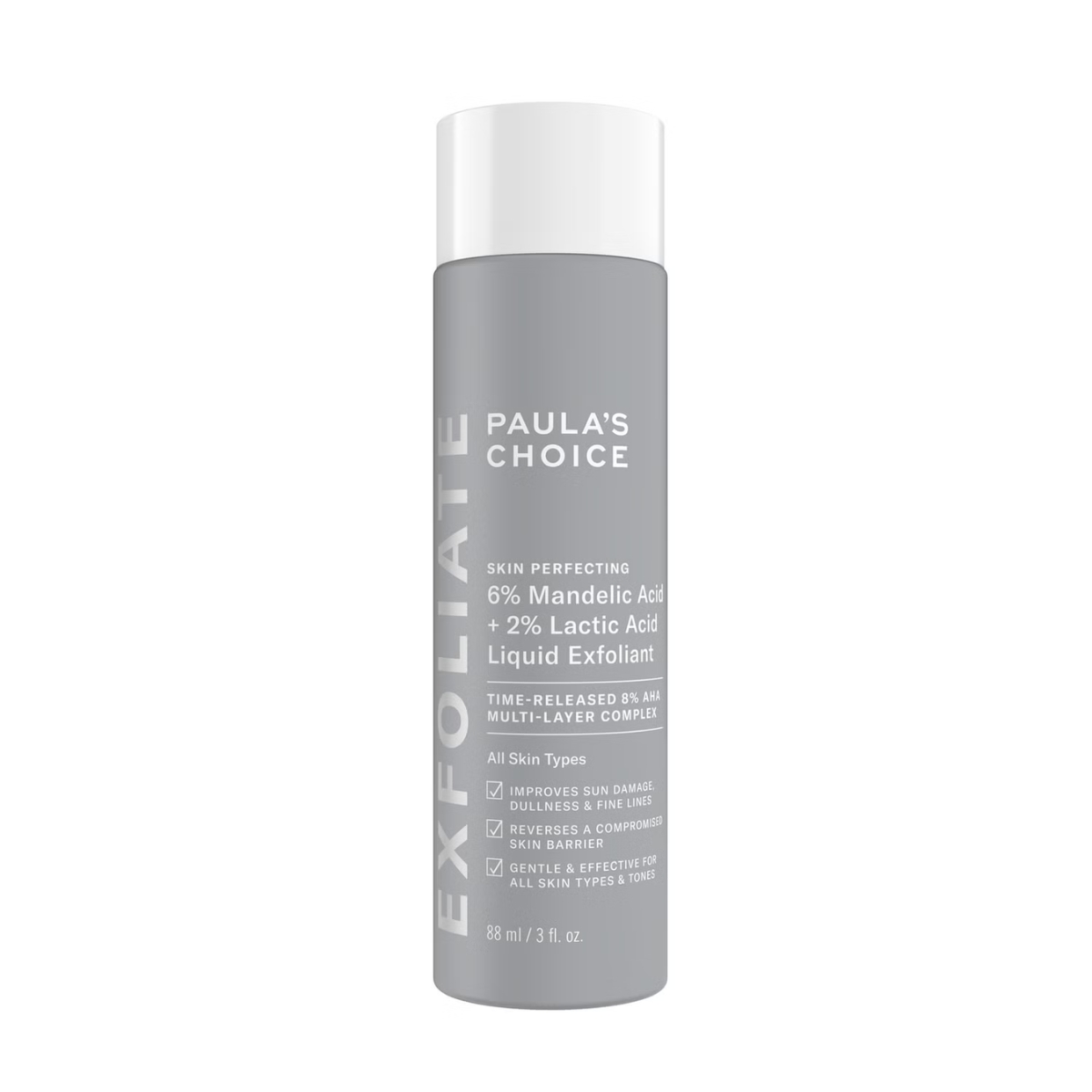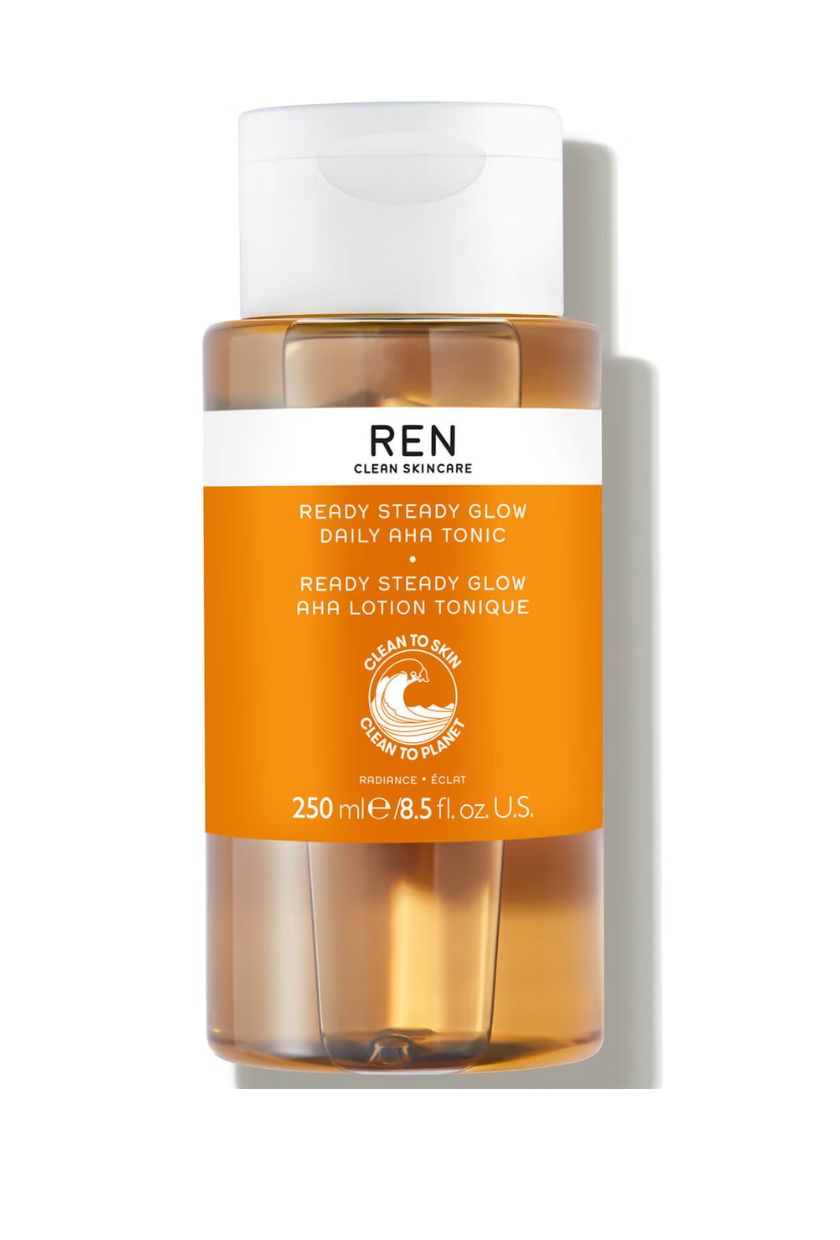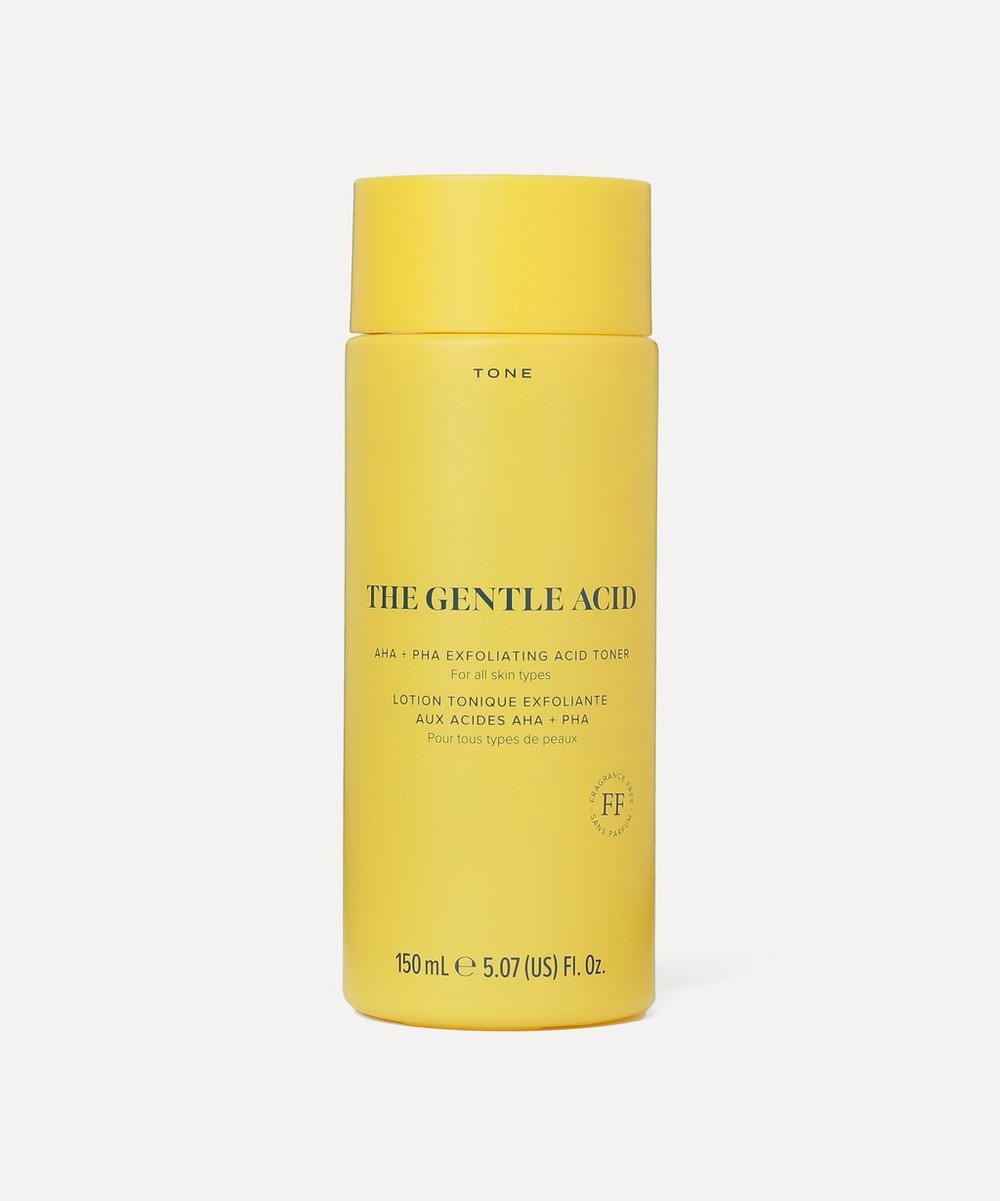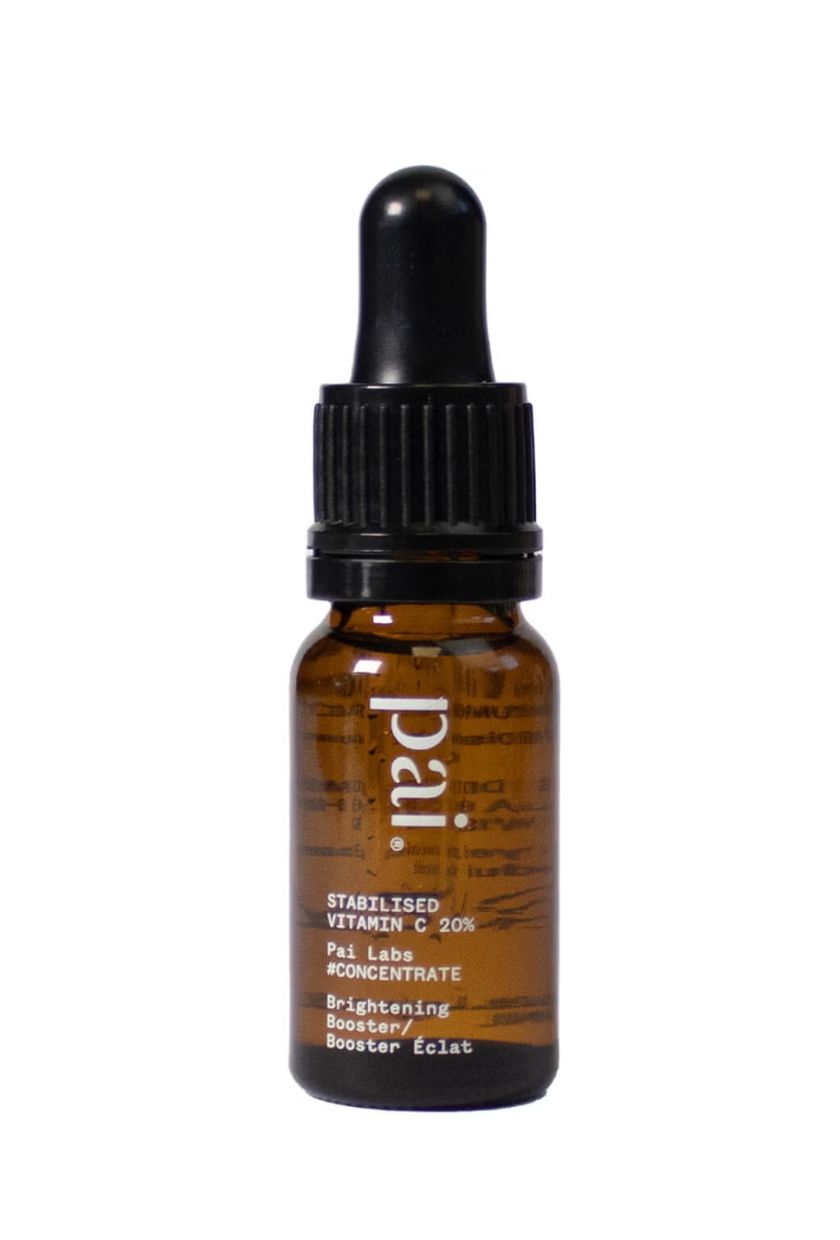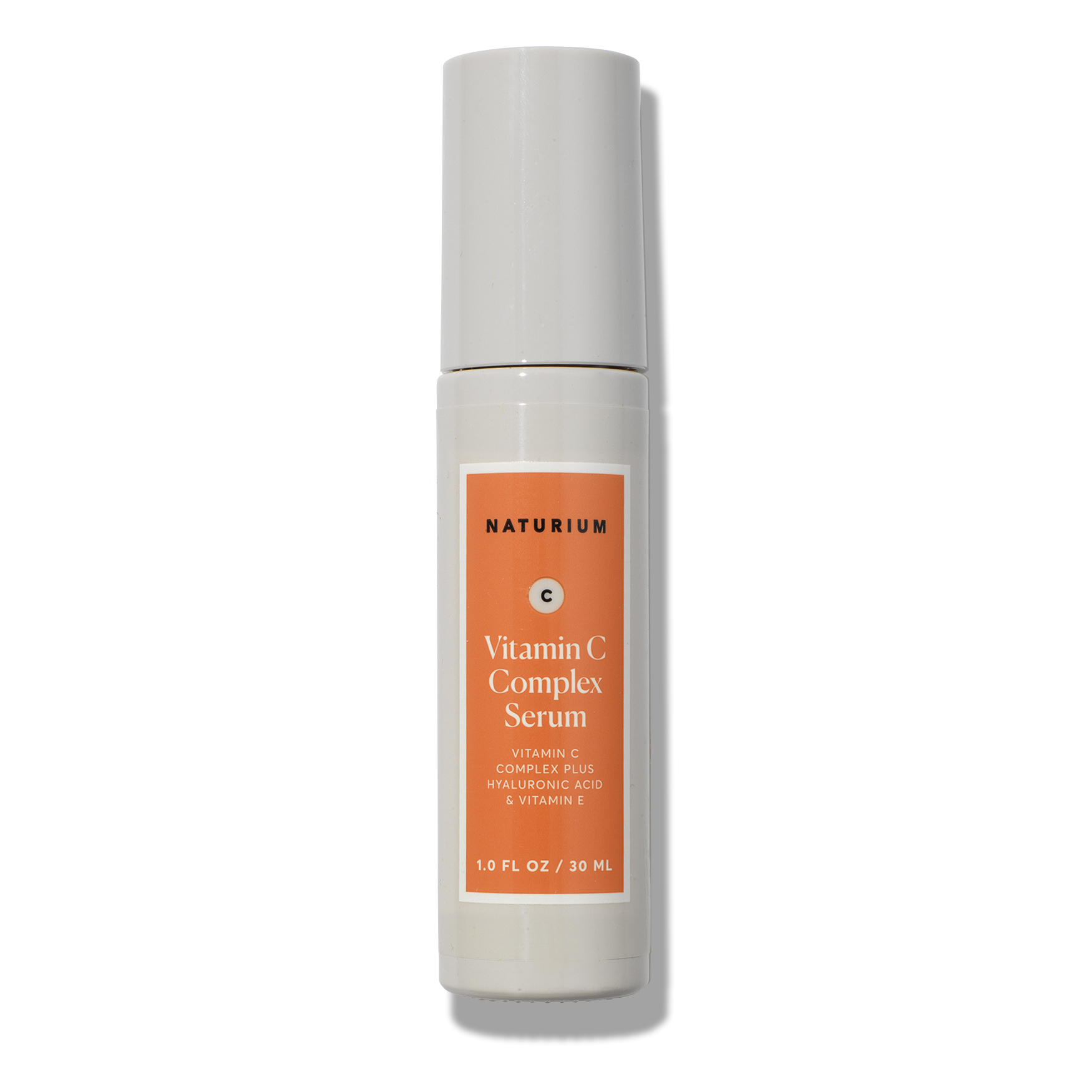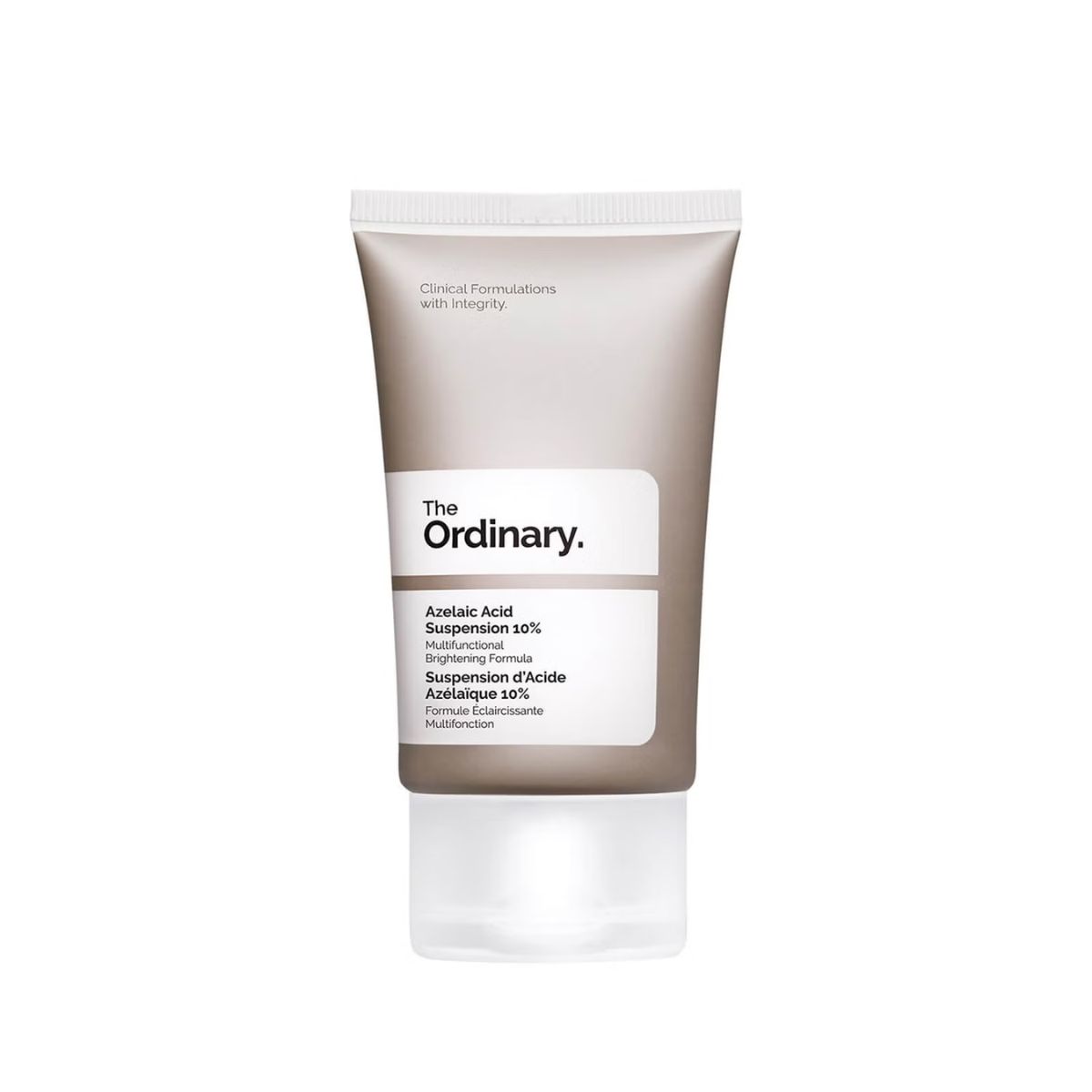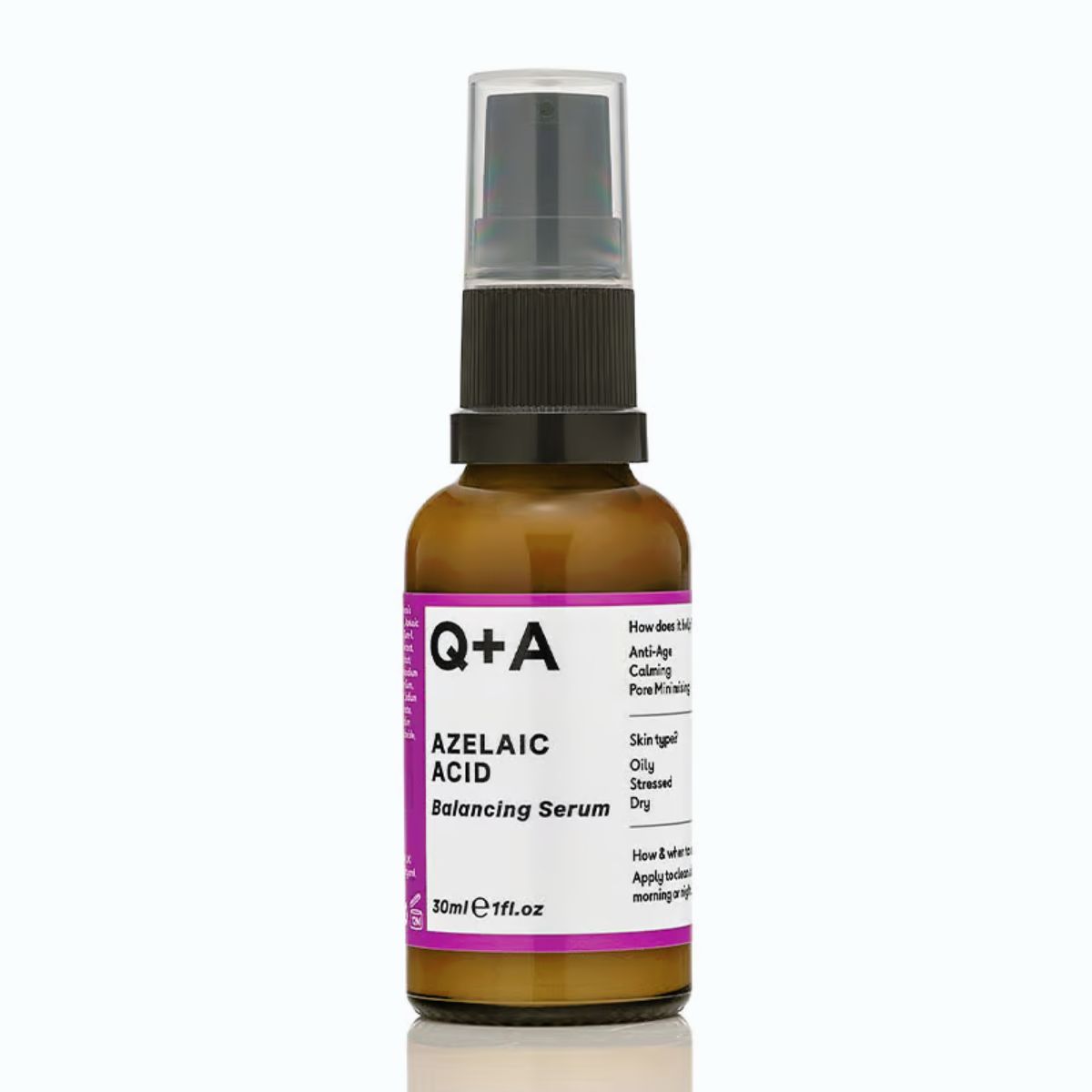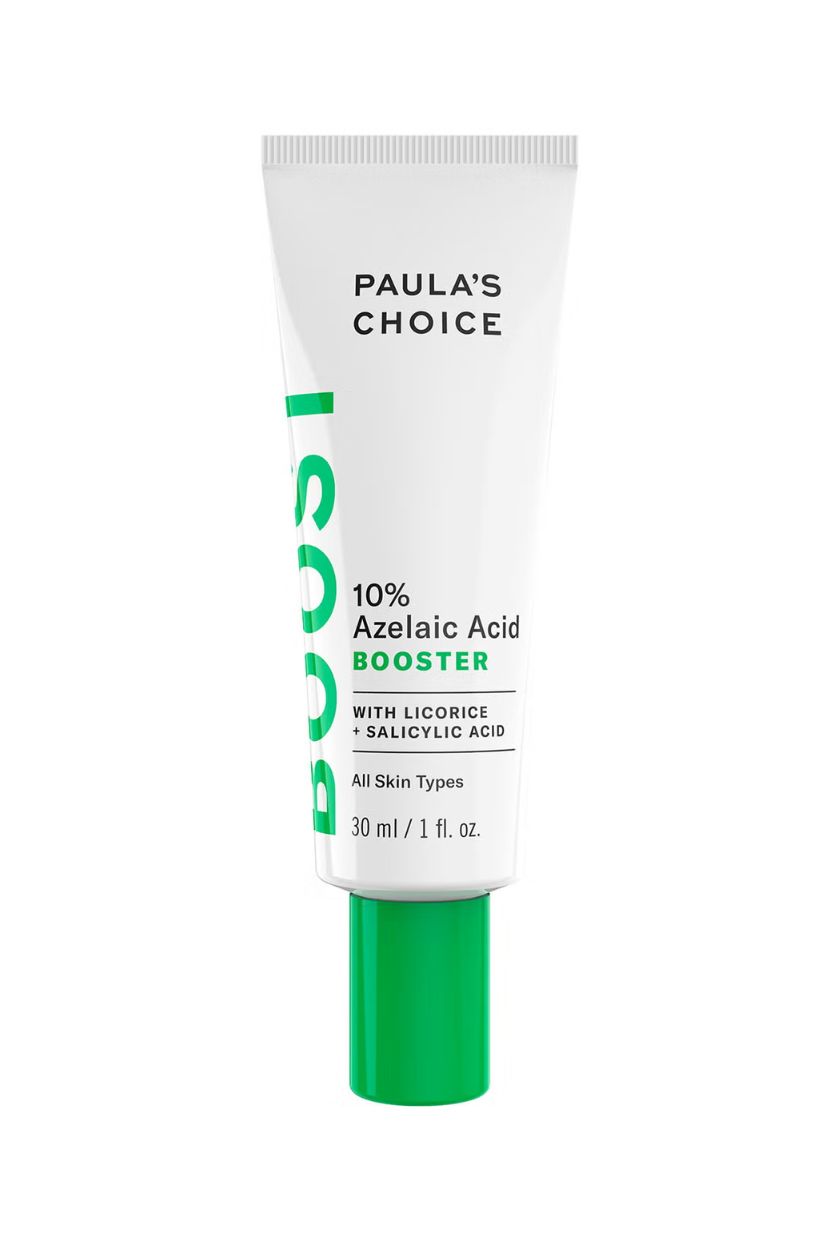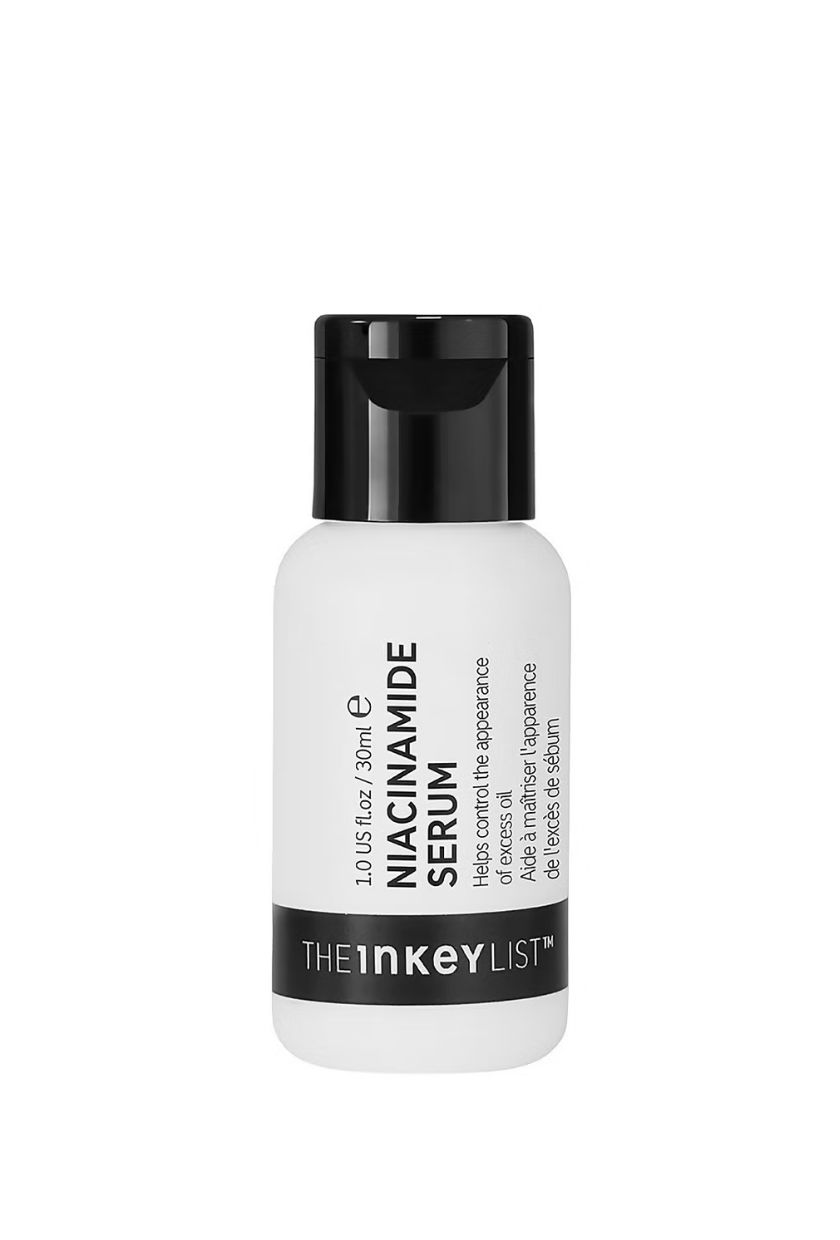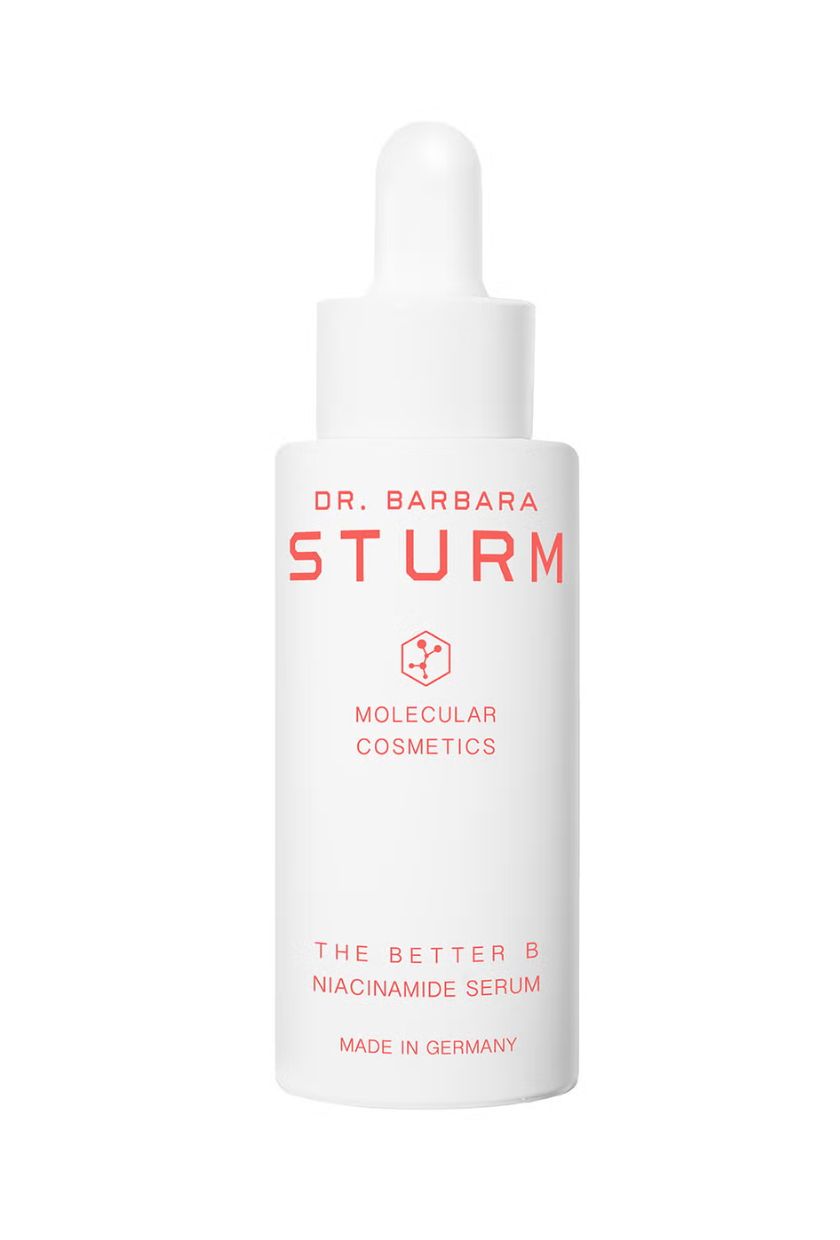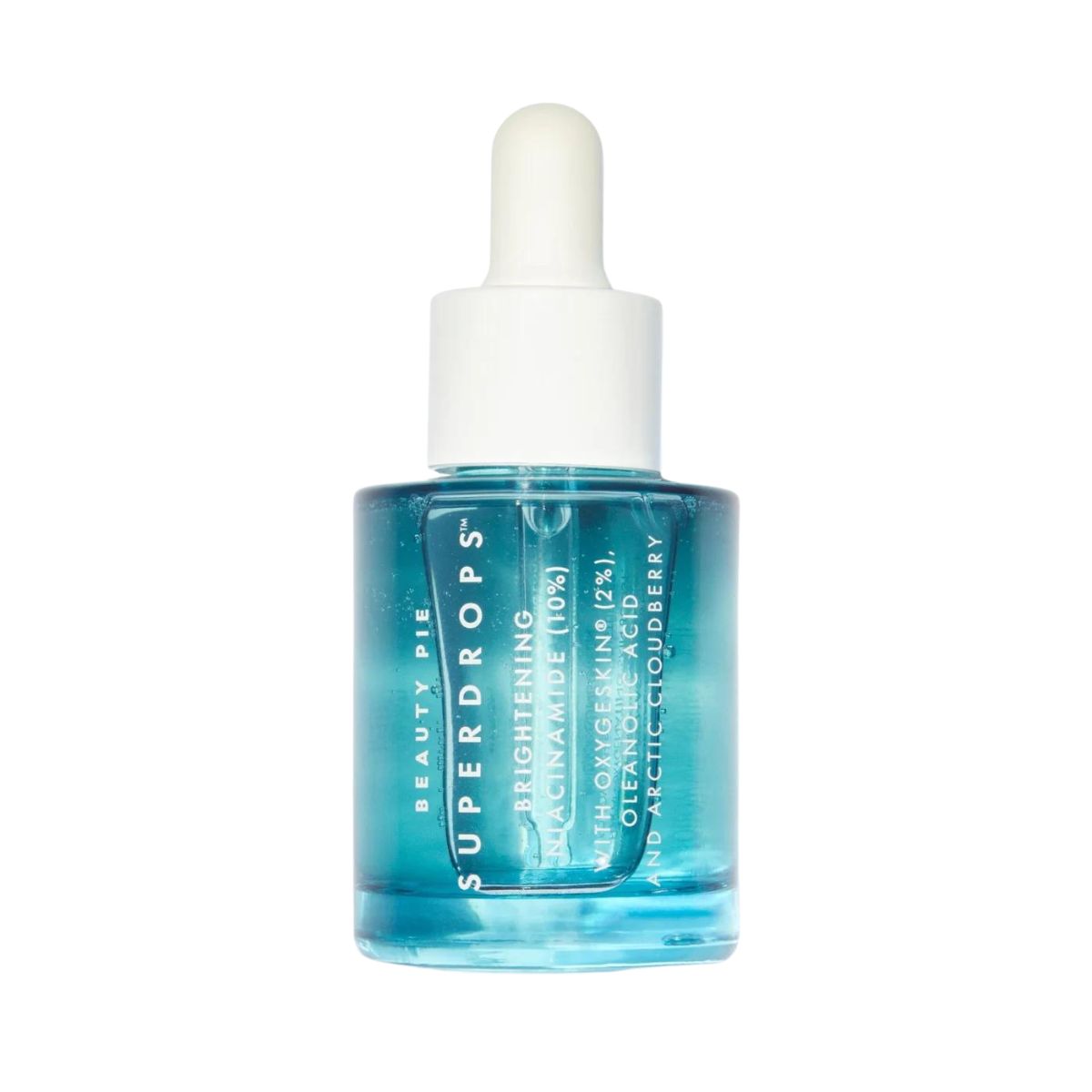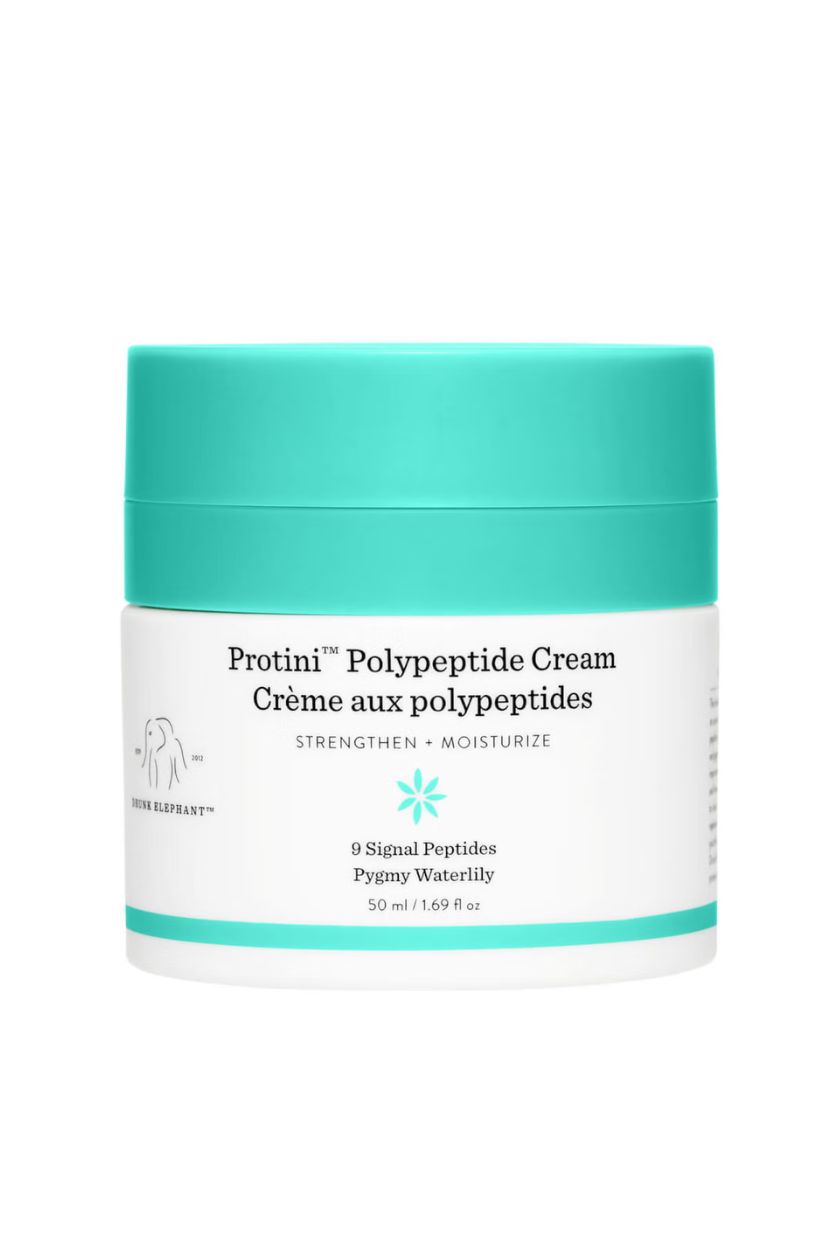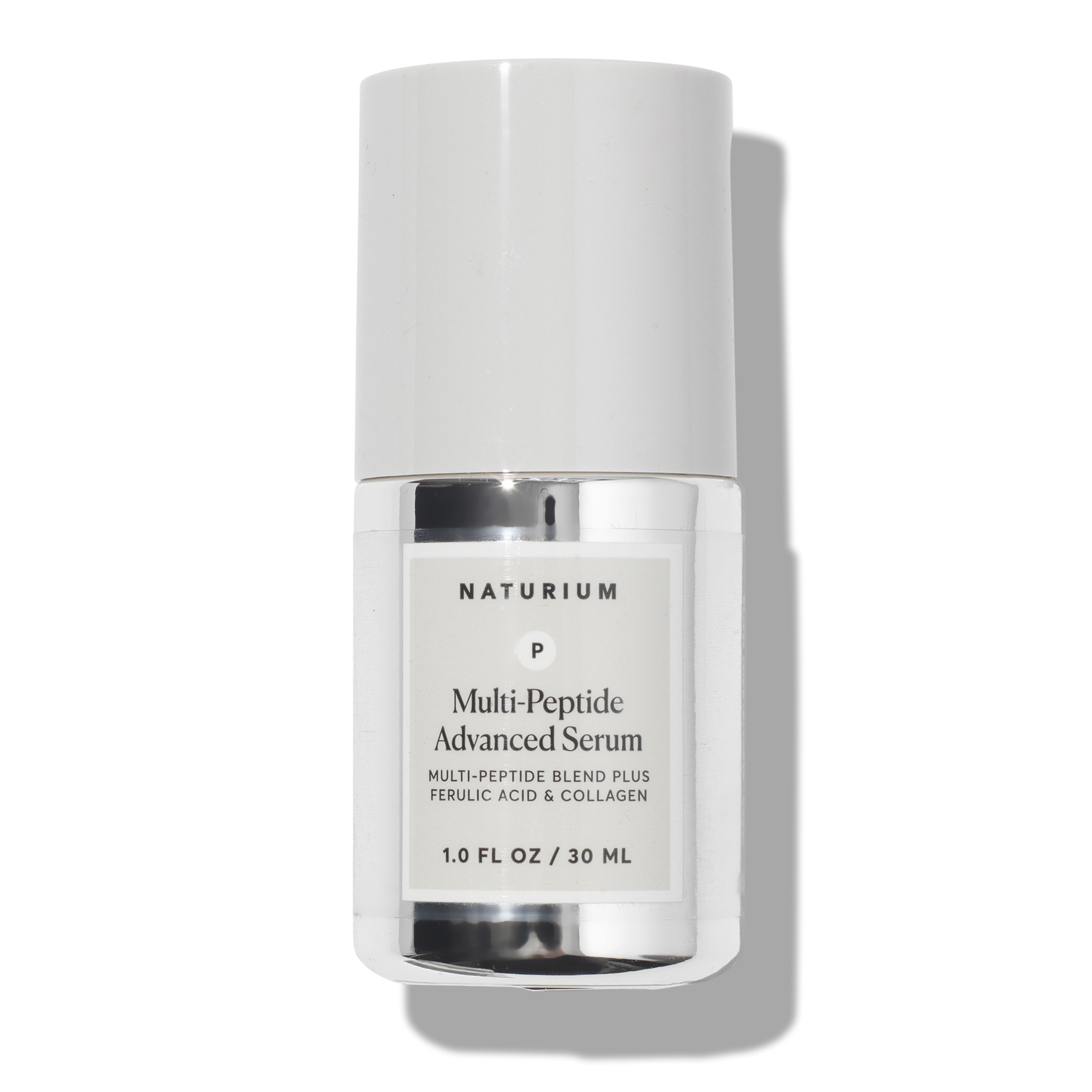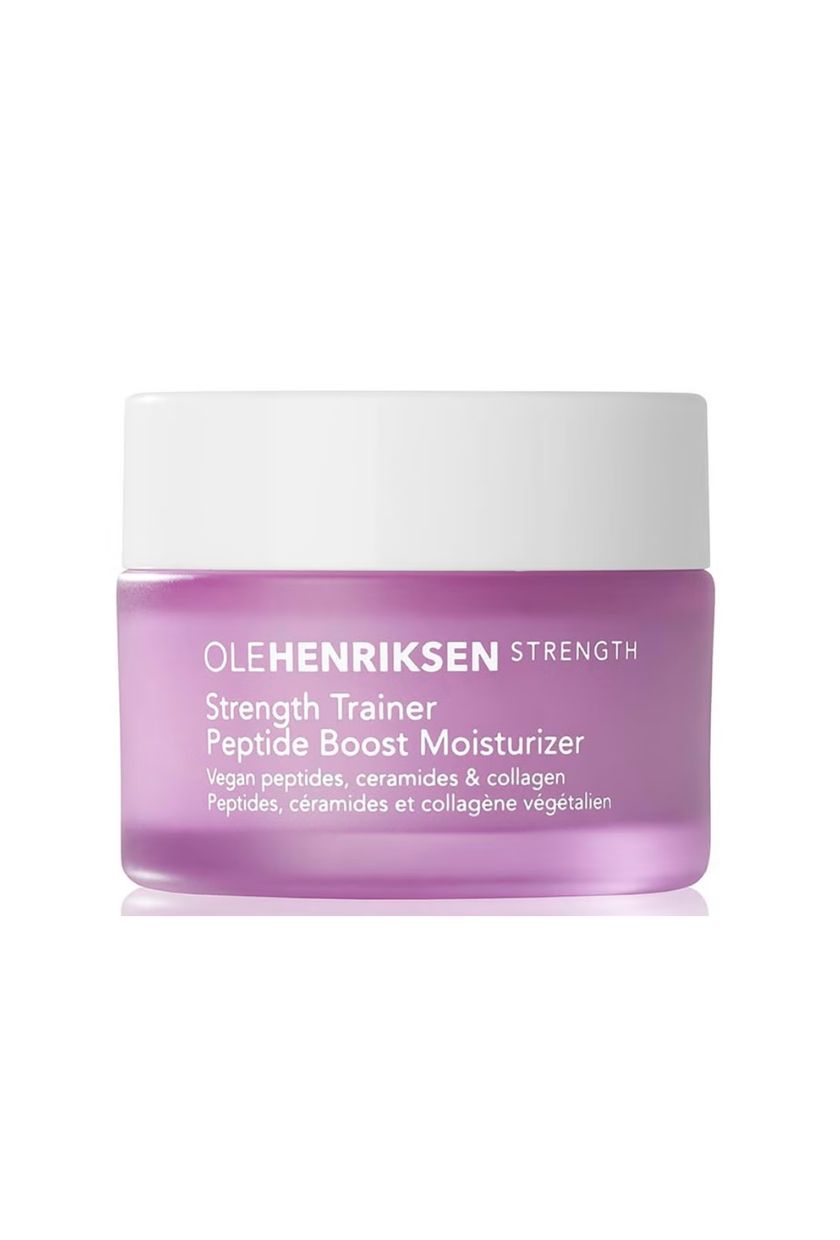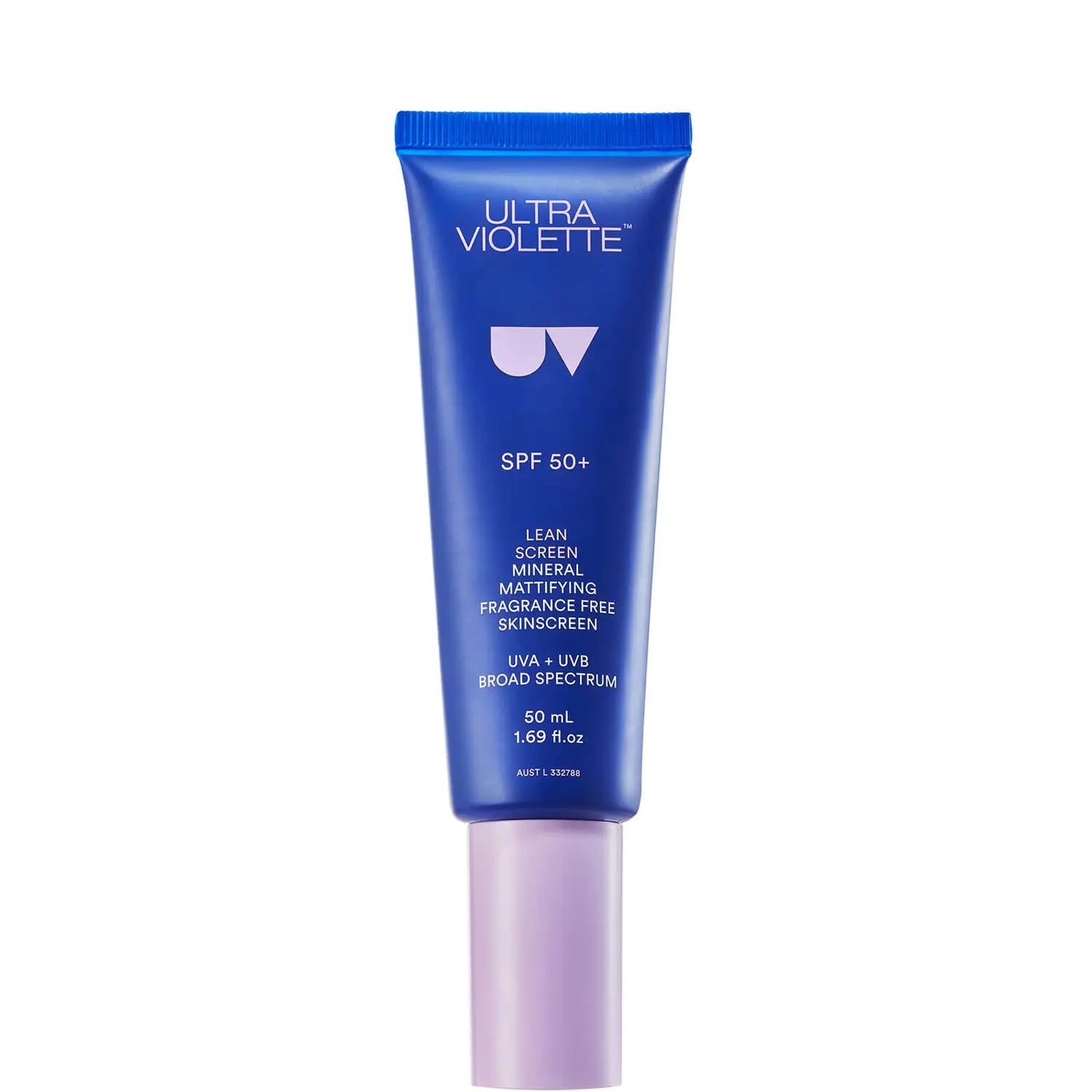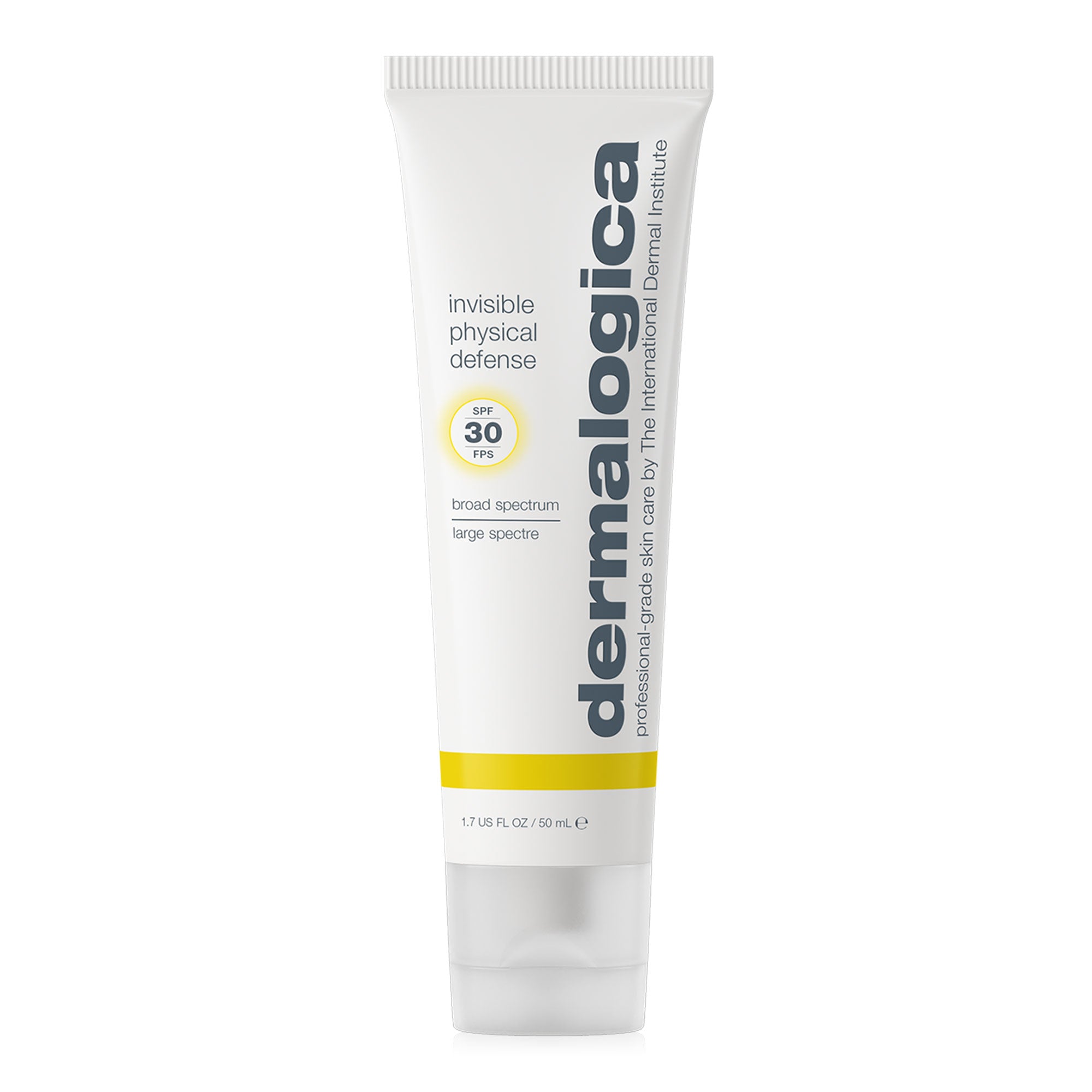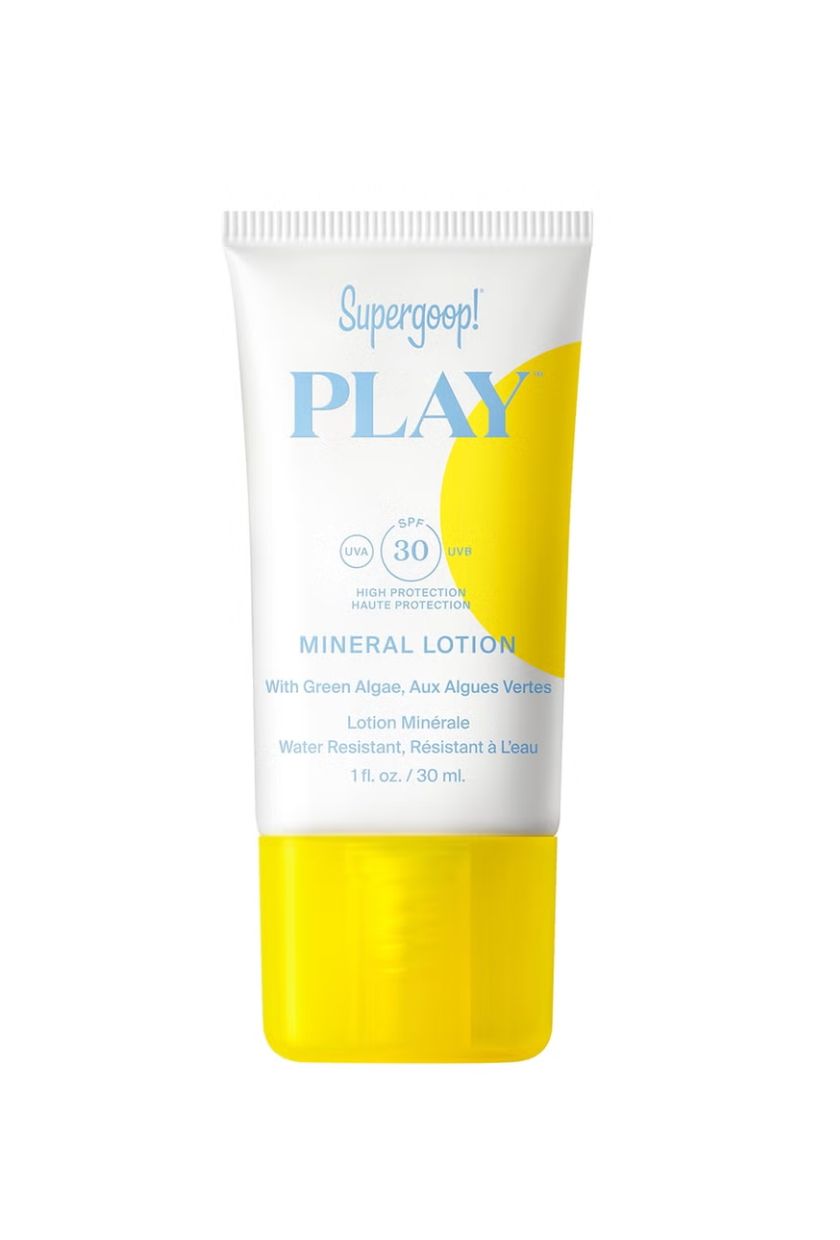It’s Official: These Are the 6 Beauty Products to Avoid During Pregnancy, According to Experts

As a beauty editor, I’m pretty geeky about scientific data. I love reading case studies about how a product lives up to its claims, the science behind the latest aesthetic tweakments and decoding an ingredients list to understand what makes a formula so efficacious. Digesting complex information whilst researching the stories I’m working on doesn’t typically faze me, so it was to my enormous surprise that, when expecting my first child back in 2019, I became immediately overwhelmed by the huge amount of conflicting information out there about what is and isn’t safe to do when you’re pregnant.
Putting my raging hormones aside, the volume of guidance online can feel near impossible to break through on a good day—let alone when you’re thinking about the safety of your unborn child. And when you throw an ever-increasing number of social media "experts" into the mix, it makes deciphering fact from scaremongering a near-impossible task. As someone who tests products for a living, I felt incredibly anxious about what beauty products I needed to avoid during pregnancy and which ones were safe to use, and I’d hate for anyone else to experience that confusion (and anxiety).

Thankfully, a huge benefit of my work is having an array of experts on hand at all times to answer my burning beauty questions—which is exactly what I did. Having gone on to have a second child in 2022, I now consider myself fairly well-versed in what constitutes a pregnancy-safe skincare routine. Ahead, I’ve crafted an expert-approved guide to the ingredients and beauty products that should be definitively avoided during pregnancy, along with the products that might be beneficial to add to your prenatal beauty routine. Plus, the skincare pros I talked to break down the changes you might see in your skin during your pregnancy, so there are hopefully no unexpected surprises.
How does skin change during pregnancy?
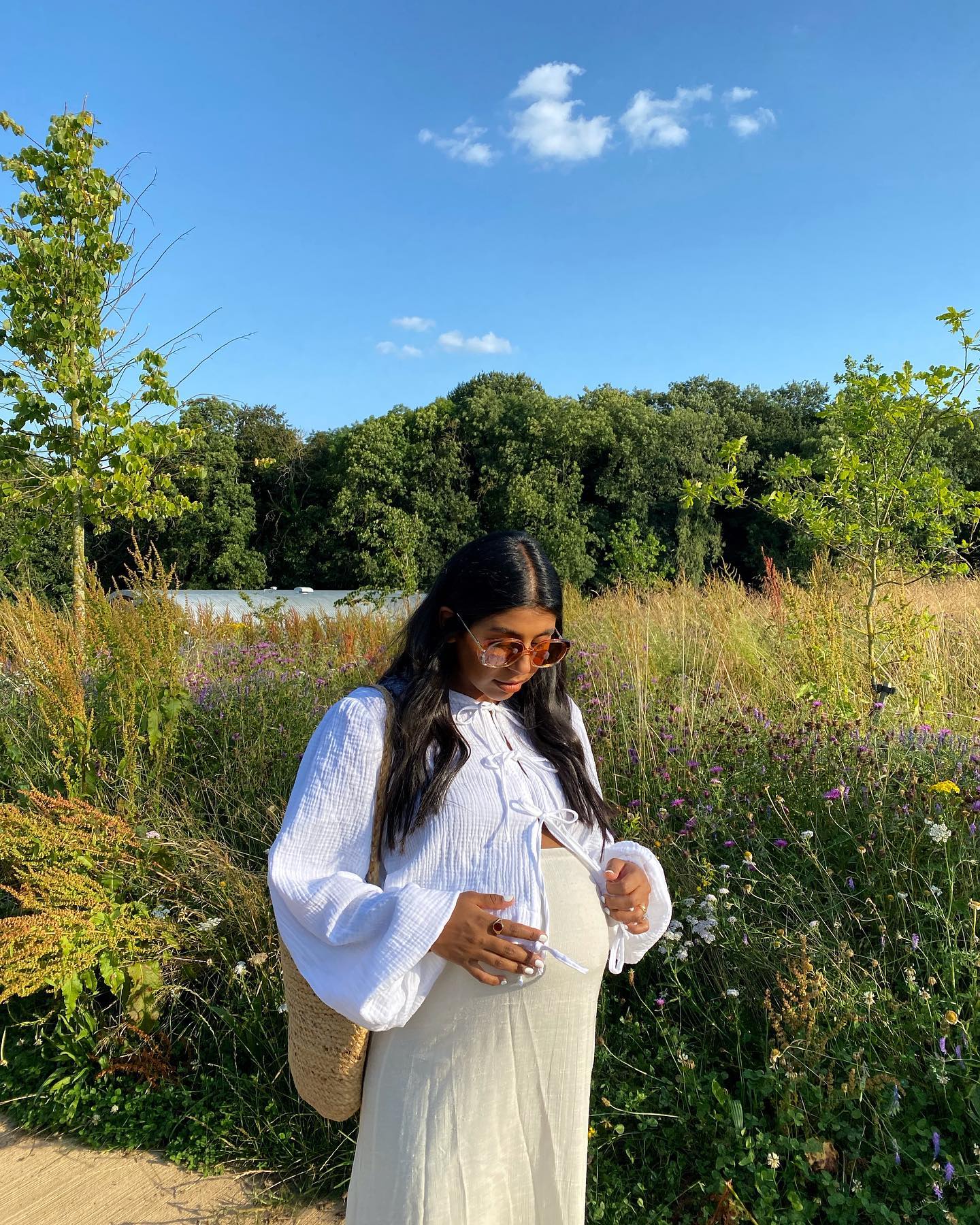
Sure, we’ve all heard about the phenomenon of the pregnancy glow that many people are said to enjoy during the second trimester and beyond—although, disclaimer, I definitely did not glow in either pregnancy—but what other changes in the skin are common during pregnancy? "Numerous skin changes can occur during pregnancy, either as an intensification of existing skin conditions or as a result of the pregnancy," explains consultant dermatologist Dr Catriona Maybury. "In fact, in almost 90% of women, skin changes during pregnancy are due to increased hormone levels, which can lead to acne, hyperpigmentation and melasma." And whilst these issues tend to resolve themselves in the postnatal period, it can be hard to know how to tackle them whilst you’re pregnant if you’re unsure what products are safe to use.
Which beauty products should be avoided during pregnancy?

All the experts I spoke to agreed that stripping your routine back to basics is a good rule of thumb during pregnancy. However, if you're used to a pretty extensive skincare routine, it’s good to be aware of a few key ingredients that should be avoided entirely throughout pregnancy.
1. Retinoids
Although widely considered to be a gold-standard ingredient in tackling uneven skin texture, minimising the appearance of lines and wrinkles and improving firmness and tone, topical use of retinoids (including retinol, retin-A, tretinoin and adapalene) should be avoided because they may contribute to high levels of vitamin A in the body, which could cause issues with your pregnancy.
2. Salicylic acid
Whilst our experts typically agreed that salicylic acid at low levels (around 2% or less) would likely be fine, for safety’s sake it's best to avoid this BHA entirely and switch it out for a safe-to-use AHA like lactic, glycolic or mandelic acid at a concentration of 10% or less.
3. Hydroquinone
This is a star ingredient for treating pigmentation, but using it to treat dark spots in pregnancy is a no-go as it absorbs through the skin.
4. Benzoyl peroxide
Benzoyl peroxide is commonly found in prescription skincare to treat acne, but it should be avoided during pregnancy due to potential health risks.
5. Formaldehyde
Typically found in some nail and hair products—it’s particularly prevalent in a lot of gel polishes and used in treatments like a Brazilian blowdry—our experts agreed that it was best to minimise exposure to this ingredient whilst pregnant.
6. Essential oils
There isn’t much research on how the use of essential oils can affect a baby in the womb, which is why most experts agree it’s sensible to limit their use entirely whilst pregnant, "especially tea tree oil and rosemary oil, which have been linked to skin reactions and premature contractions," says dermatologist Dr Alexis Granite.
Which beauty products are safe to use during pregnancy?
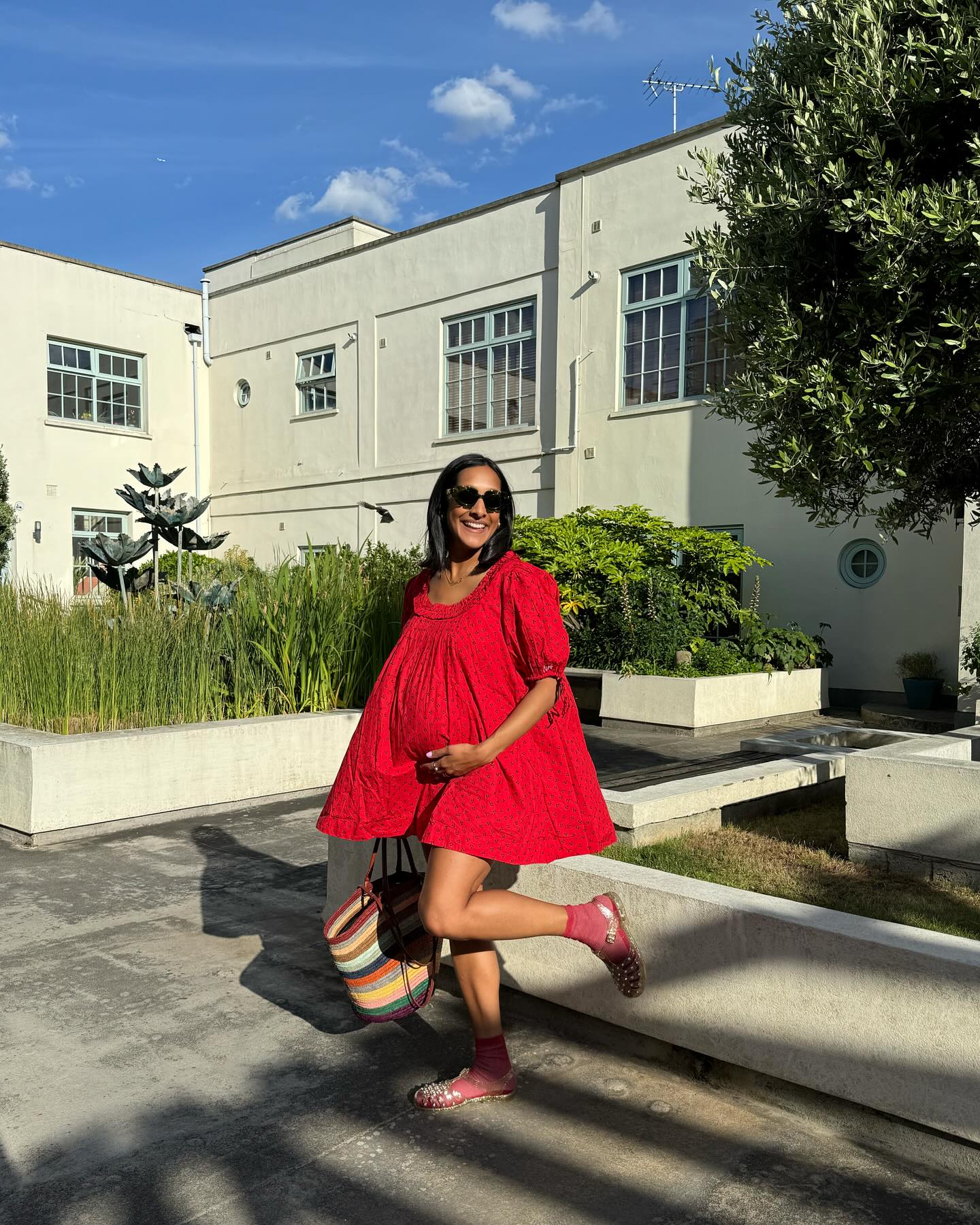
Thankfully, there are still so many efficacious ingredients and beauty products that are entirely safe to use during pregnancy, so you don’t have to compromise on looking after yourself and feeling your best during this time. In fact, you might not even use any of the aforementioned ingredients to start with and so can leave your routine exactly as it was pre-pregnancy. There are, however, some ingredients that our experts particularly rate for use during pregnancy.
1. AHAs
"Generally, AHAs such as lactic and glycolic acids are safe at lower concentrations during pregnancy," explains Dr Granite. Not only do they both offer gentle exfoliation, but they’ll leave skin soft and smooth too.
2. Vitamin C
A protective antioxidant that looks after skin health and brightens the complexion, vitamin C is a great all-rounder that will help encourage that pregnancy glow if you aren’t already seeing it naturally.
3. Azelaic acid
"Azelaic acid is a multifunctional hero ingredient for many skin concerns, including acne and melasma," says Dr Maybury. "It has antioxidant properties which help to brighten your complexion as well as reducing the appearance of blemishes, dark spots and redness."
4. Niacinamide
\"Niacinamide is an active form of vitamin B3 and is clinically proven to have pigmentation-reducing properties of its own, reducing the transfer of pigment cells in the skin and increasing ceramide production, which keeps your skin hydrated," explains Dr Maybury.
5. Peptides
Dr Granite recommends seeking out skincare containing peptides, which are safe to use during pregnancy and help to improve skin health overall, penetrating the skin to boost moisture, smooth fine lines and wrinkles and bolster the skin barrier.
6. SPF
Sunscreen is always important and continues to be so during pregnancy. "Physical blockers, which contain zinc oxide or titanium dioxide, are the least reactive so are often recommended for pregnant women," says Dr Granite.
Of course, it goes without saying that if you have any concerns during your pregnancy or about the products you're using, speak to a professional: "We always recommend speaking to your GP or dermatologist to ensure the products are appropriate for your specific skin concerns during this important time," advises Dr Maybury.
Mica Ricketts is a freelance beauty editor, copywriter and regular contributor to Who What Wear UK. She also writes for titles including Marie Claire UK, Refinery 29 and Cosmopolitan, and previously worked at Who What Wear UK as Beauty Editor. With experience in both editorial and content management, she also works with beauty brands and small businesses on brand messaging and content strategy. As a busy mum of two, she is passionate about finding efficacious beauty products that can disguise all signs of tiredness with minimal effort.
